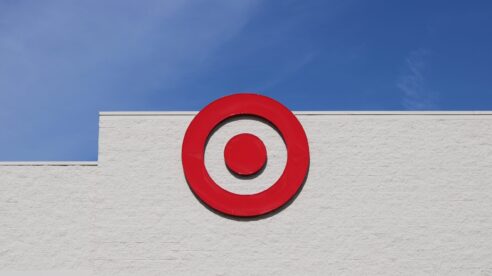Funny that the iconic Target logo looks more like a bulls-eye these days. Well, not so funny for Target. Unless you’ve been living under a rock for the last few months, you know that this generally fresh, hip, relevant – might I suggest staple – brand for millions of Americans has come under fire for a huge data security breach. It began around the holidays with a report of approximately 40 million debit cards exposed. Last week, that estimate nearly doubled to 70 million customers whose names, emails and phone numbers were potentially stolen. And on Monday, the first set of fraudulent credit cards linked to the breach reportedly surfaced and were recovered through arrests on the Mexican border. A nightmare for Target management, no doubt. What’s surprising, though, is that for a brand that usually “gets it,” they didn’t seem to get how quickly or comprehensively they needed to deploy a strategy to protect Target customers and the company’s reputation.
A full page ad ran just last week in The Philadelphia Inquirer and in other major market dailies with an apology from Target’s CEO, Gregg Steinhafel. Too little, too late? In a Philadelphia Business Journal poll released on Friday, 53 percent of respondents said security breaches like this one make them less likely to shop with the retailer. I’ve seen anecdotal evidence of that among Facebook friends who’ve said they’re swearing off Target, at least for awhile.
There’s no way of knowing for sure that an earlier and more intense communications response would have pre-empted this; however, I’m willing to bet that it wouldn’t have hurt. Our counsel in issues management situations is to act swiftly and truthfully; to communicate action and potential solutions; to get in front of the story with your CEO even if it means some short-term revenue losses. In an enterprise with the customer-facing breadth of Target, that means also making sure you deputize your workforce to make things right for consumers.
Here’s hoping Target’s “expect more, pay less” line doesn’t turn into “expected more, shopping less” in the days and weeks to come. What do you think?



